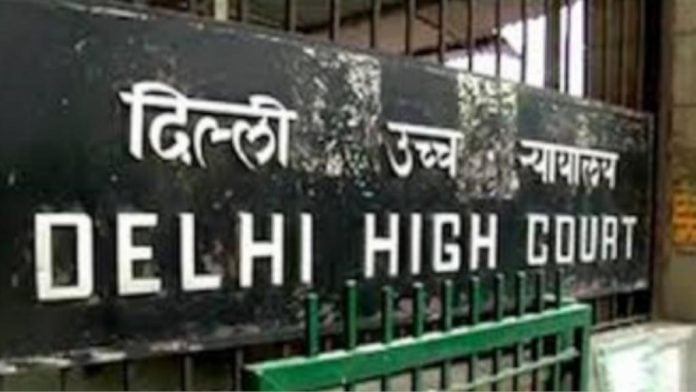The Delhi High Court on Wednesday has issued notice to the Centre and the Delhi Government on a Petition seeking direction to permit the operation of public transport in all parts of National Capital City Delhi.
A divisional bench presided by Justice Rajiv Sahai Endlaw and Justice Sangita Dhingra Sehgal of Delhi High Court while conducting hearing through video conferencing has issued notice to the Centre and the Delhi Government and asked about the discriminatory effect of the relaxation provided under Ministry of Home Affairs order date 1st May 2020.
The court also noted that the burden of the work of various offices is mandatorily being borne by only 33% of the people employed and are being able to resume their employment.
Mr. Shreesh Chadha will be submitting detailed suggestions to curb the issue for consideration of the Court and as an action plan for the Government. The matter is listed for 20th May 2020
The PIL has been filed in the Delhi High Court by Mr. Shreesh Chadha a final year Law student seeking directions to the Government to allow operation of public transport in the National Capital Territory of Delhi in strict compliance with social distancing and disinfection/ sanitization norms.
Advocate Prashant Vaxish appearing for Mr. Chadha, submitted before the Court that opening up the economy and only allowing private vehicles is a huge burden on the people who rely on public transport only.
“The lack of public transport has resulted in the absence of the workers from their places of employment which are now operating. This may result in adverse consequences to those workers by way of deduction of wages or in extreme cases being laid off,” the petition stated.
“On an average, lakhs of people make the journey from their home to their places of work and back, daily. Therefore, by allowing establishments and offices to operate, without the operation of public transport, the Government of India has failed to take this part of NCT Delhi’s working population. This leaves a large portion of the working population without the means to reach their workplaces, when now they are explicitly required to by their owners/employers,” the plea said.
The plea said that no buses, metro trains or rickshaws are available to the marginalised sections of the working population and the entire working population that relies on public transport systems to commute to their places of work.
-India Legal Bureau


